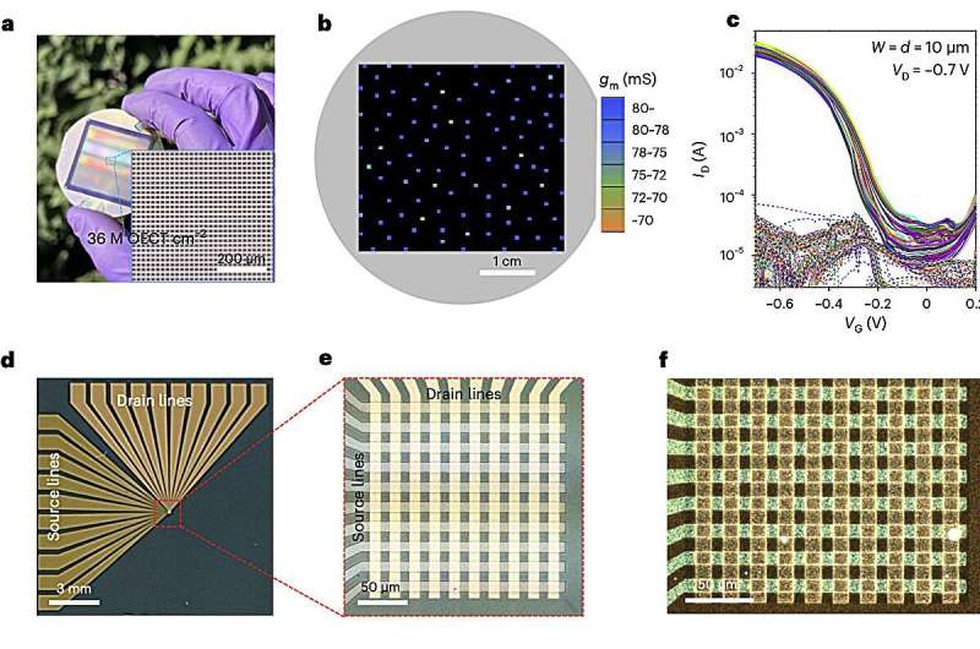About Organic Electrochemical Transistor:
- It is an emerging class of transistor based on organic superconducting materials known for their ability to modulate electrical current in response to small changes in the voltage applied to their gate electrode.
- It is a device capable of simultaneously controlling the flow of electronic and ionic currents.
- Advantages: They have various notable advantages, including promising amplification and sensing capabilities, low power consumption, low driving voltages and a versatile structure.
- Applications: They can be used to create biosensors, wearable devices and neuromorphic systems.
What is transistor?
- It is a semiconductor device for amplifying, controlling and generating electrical signals. It is the active components of integrated circuits or “microchips,” which often contain billions of these minuscule devices etched into their shiny surfaces.
- There are three terminals for transistor as mentioned below:
- Base: To activate the transistor
- Collector: It is a positive lead of transistor
- Emitter: It is a negative lead of transistor
- Types of Transistors:
- Bipolar Junction Transistor: It is considered one of the most common types of transistors and it can be either NPN or PNP. It can able to amplify the electrical signal by joining all three layers into one. In current flow, there are two types of electrical charges involved i.e., electrons and holes.
- Field effect transistor: It is a three-terminal semiconductor device. Its operation is based on a controlled input voltage. It uses an electric field to control the field of electric current in a semiconductor. They are also known as unipolar transistors since they contain single-carrier-type operations.
